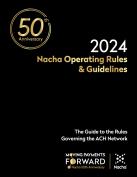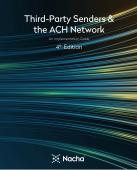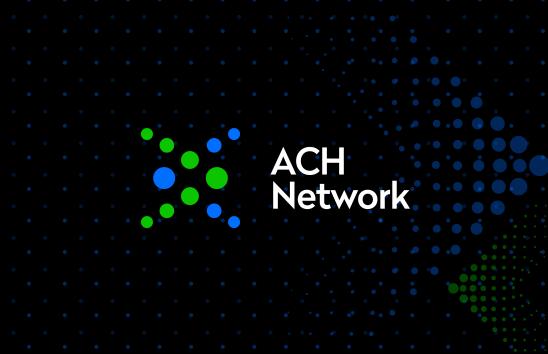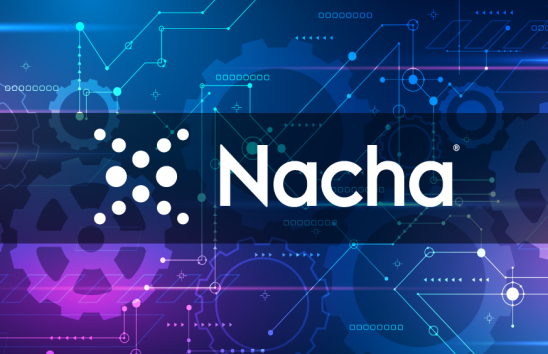The Significant Majority of ACH Payments Settle in One Business Day—or Less
Author
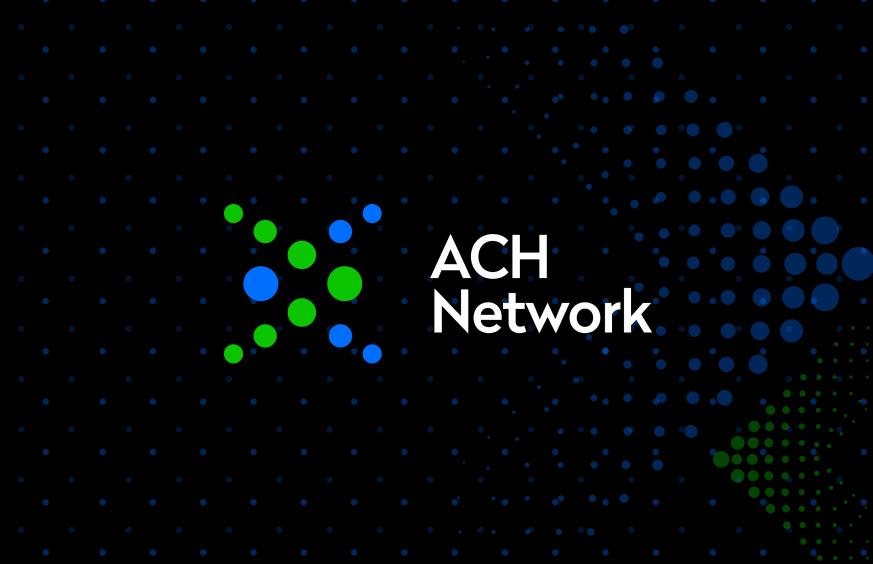
A common myth that Nacha frequently addresses regards the settlement speed of ACH payments. If you read the industry literature, you’ll likely see references such as 2-3 days, or, my least favorite, 3-5 days. Usually, the purveyors of this myth are well-meaning but nevertheless misinformed, and providing myth-busting facts is helpful.
Because we govern the modern ACH Network, Nacha is well informed about ACH payment volume and settlement times. Using information from industry participants, we estimate that approximately 80% of ACH Network volume settles in one banking day—or less.
The “or less” part is handled by Same Day ACH. Payments of up to $1 million can use Same Day ACH and one of its three settlement times each banking day.
Debits, which comprised 56% of ACH Network volume in the second quarter of 2023, are settled either the same day or the next banking day. By Nacha Rule and enforced by ACH Operator edits, ACH debits cannot have a settlement date that is more than one banking day into the future.
The other 44% of ACH volume are ACH credits, which at the sender’s option can settle the same day, the next banking day, or in two banking days; but the substantial majority of ACH credits also settle in one banking day. Again, by Nacha Rule and ACH Operator edits, ACH credits cannot have a settlement more than two banking days into the future. Only the U.S. Treasury has the ability to initiate ACH credits with a settlement date of more than two banking days in the future.
So, combining these two types of ACH payments – debits, which all settle in one banking day or less; and credits, the majority of which settle in one banking day or less – we arrive at the estimate of 80% for all ACH payment volume that settles in one banking day or less.
Another, related myth that Nacha frequently addresses is that the settlement speed that a sender chooses affects an employee’s payday, or when a bill is due. But for scheduled paydays and bill due dates, speed of settlement doesn’t change the payday or due date. A Friday payday can be met with a two-day, one-day or same-day ACH credit – each can settle on that Friday payday to make funds available to the employee. The sending employer can choose the settlement speed that they prefer.
Similarly, for a bill payment due on a Friday, the billing company can choose a one-day or same-day ACH debit, either of which can be scheduled to settle on Friday. Or, if the consumer pays the bill on the biller’s website on the Friday due date, the billing company can collect the funds with a one-day or same-day debit, at their preference.
While “fast” and “slow” are descriptive terms subject to interpretation, facts are facts. The next time you read, or someone tells you, that ACH payments take 2-3 days (or longer!) to settle, you’ll be armed with these facts.


